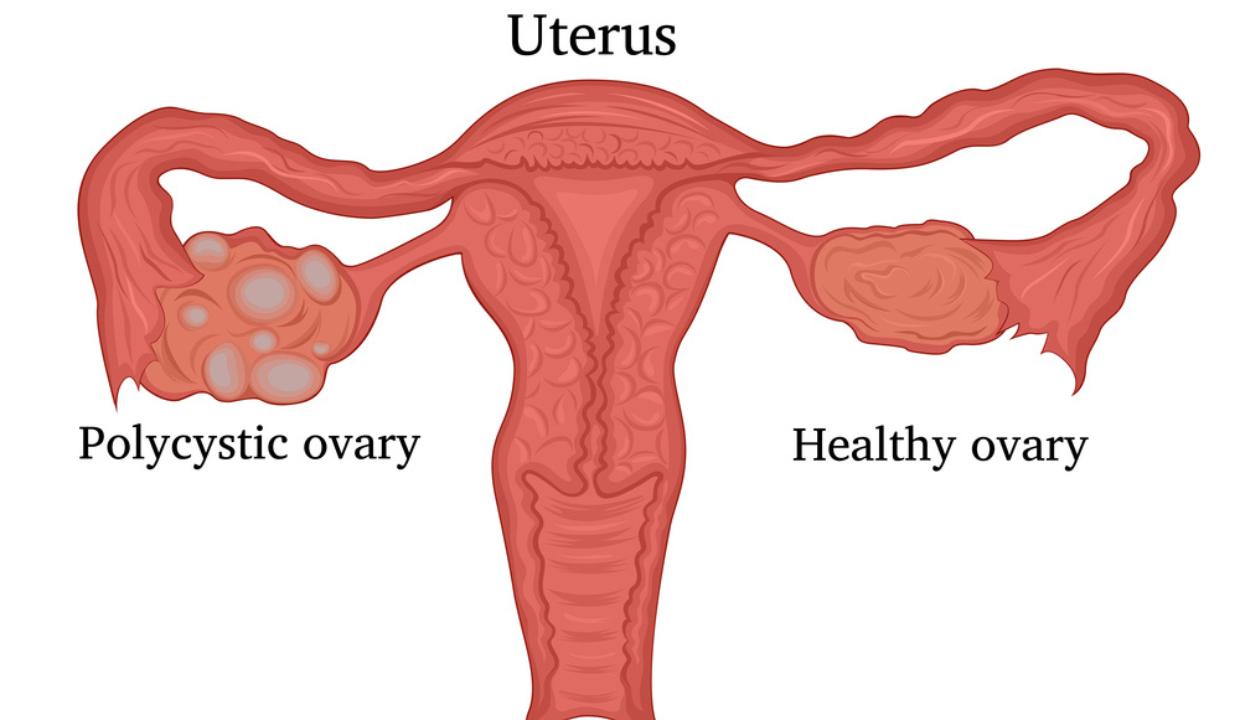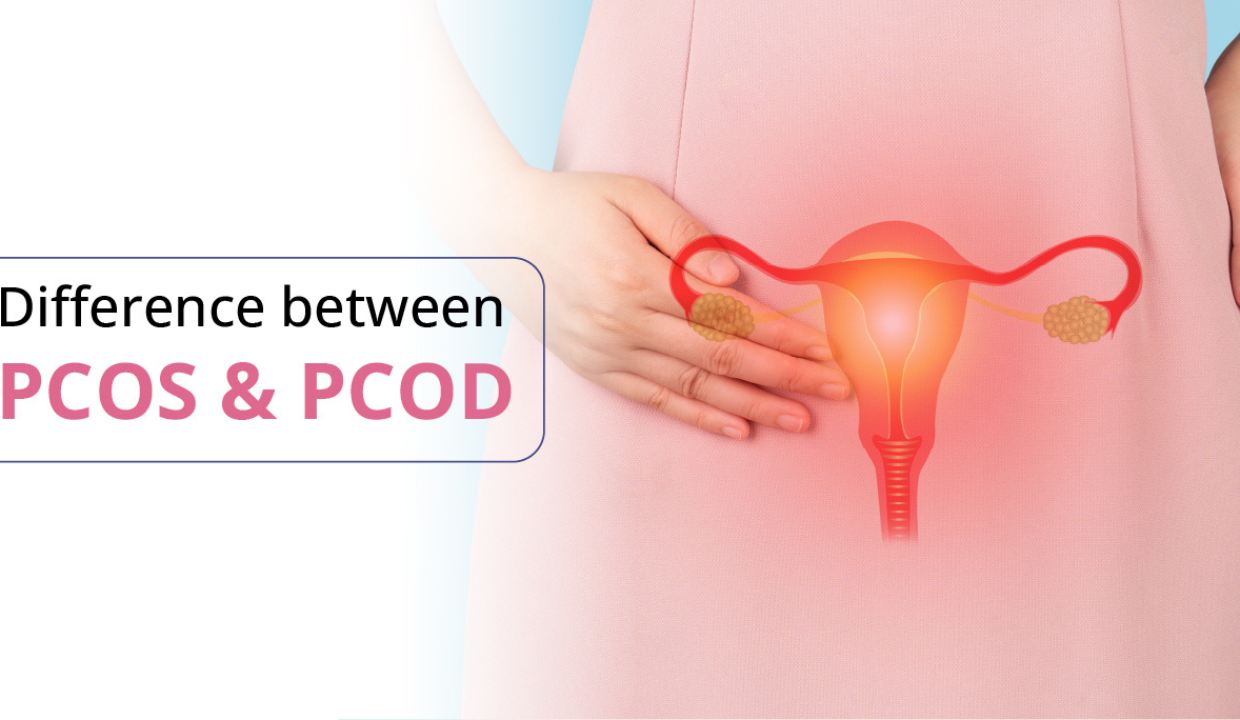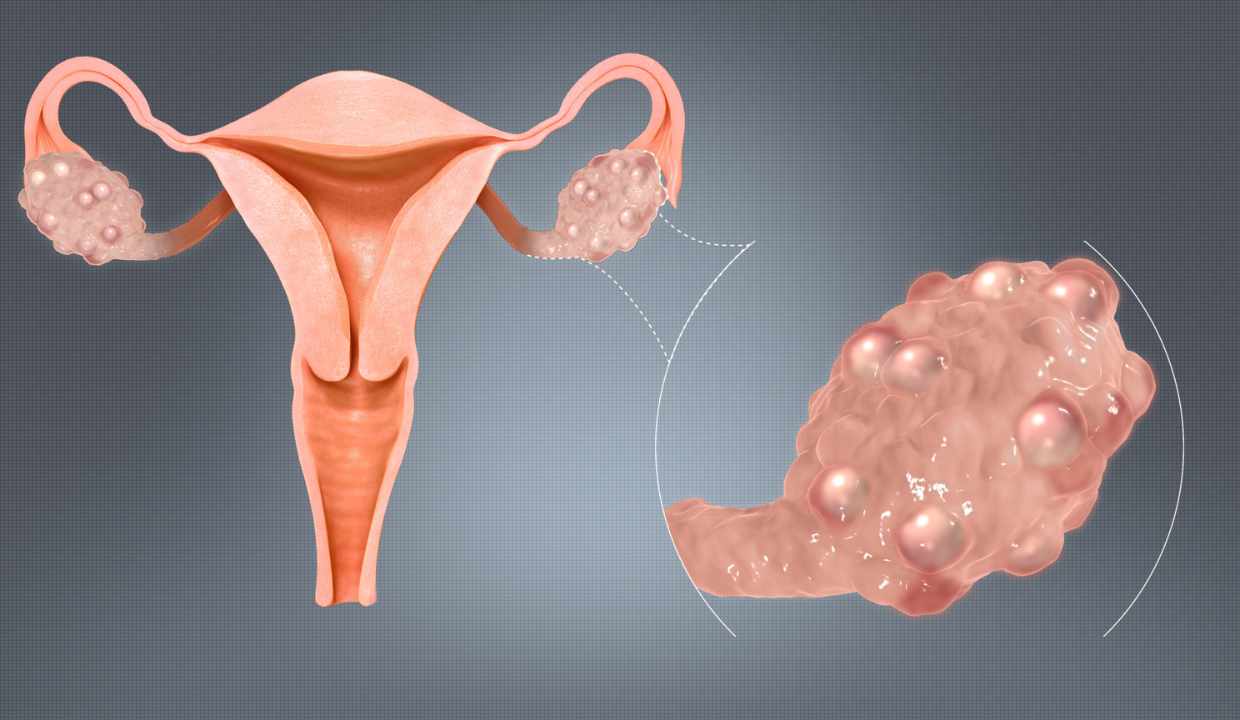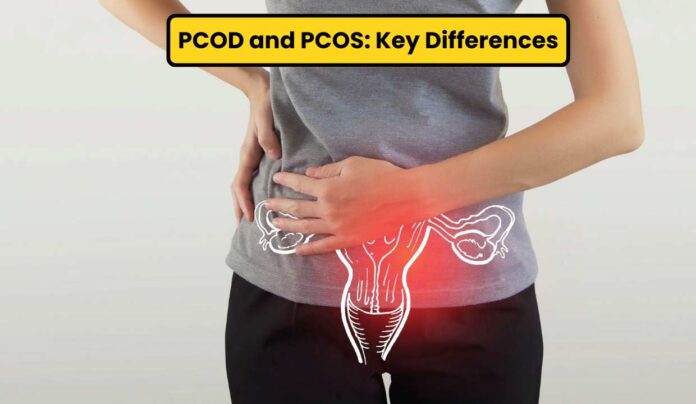Polycystic ovary syndrome (PCOS) and polycystic ovarian disease (PCOD) are two commonly misunderstood health conditions that affect individuals, especially women, around the world. Despite similar-sounding names, these conditions have distinct characteristics and require different management approaches. This article aims to provide a comprehensive overview of PCOD and PCOS, highlight their key differences, and provide management tips for those affected.
PCOD Overview:
Polycystic ovarian disease (PCOD), also known as polycystic ovary syndrome (PCOS), is a hormonal disorder characterized by hormonal imbalance and ovarian cysts. This affects the ability of the ovaries to release mature eggs, causing irregular menstrual cycles and other symptoms.
PCOD is mainly caused by a combination of genetic predisposition and hormonal imbalance. In a normal menstrual cycle, the ovaries release mature eggs in turn each month. However, in individuals with PCOD, the ovaries may release immature or partially mature eggs, which may develop into cysts, resulting in inflammation and enlargement of the ovaries. This hormonal imbalance causes excessive production of androgens or male hormones, which can lead to symptoms like male pattern hair loss, belly weight gain and irregular menstruation.
Although there is no cure for PCOD, lifestyle changes such as regular exercise and a healthy diet low in sugar and carbohydrates can help manage symptoms. Additionally, medications may be prescribed to control hormonal imbalances, and in some cases, surgical interventions such as ovarian drilling may be recommended to improve fertility.

PCOS Overview
Polycystic ovary syndrome (PCOS) is a hormonal disorder characterized by excessive production of androgens, or male hormones, by the ovaries. Unlike PCOD, where cysts develop due to immature eggs, in PCOS, the ovaries produce excess androgens, making the eggs prone to cyst formation. These cysts can accumulate in the ovaries, causing enlargement of the ovaries and hormonal imbalance.
PCOS has many symptoms in common with PCOD, including irregular menstruation, weight gain, acne, and infertility. However, PCOS also increases the risk of metabolic syndrome, which can lead to complications like heart disease, stroke, and diabetes. Additionally, PCOS can cause sleep apnea, a condition in which breathing is interrupted during sleep, further disrupting sleep patterns.
Treatment of PCOS usually involves taking oral contraceptives to regulate the menstrual cycle and manage symptoms. Additional medications may be prescribed to reduce the risk of endometrial cancer and diabetes. Lifestyle changes, including weight loss and a healthy diet, are also essential to manage PCOS symptoms and reduce the risk of complications.
Difference between PCOD and PCOS:

- While PCOD and PCOS share similarities in symptoms and hormonal imbalance, there are significant differences between the two conditions.
- PCOS is generally considered a more serious condition than PCOD, as it involves disruption of the endocrine system and has a more serious impact on long-term health.
- PCOD is more common than PCOS, affecting about one-third of menstruating women globally, while PCOS affects a smaller percentage of women.
- Additionally, while both conditions can affect fertility, PCOS-related infertility may present greater challenges due to more significant hormonal irregularities.
- Treatment methods also vary, with PCOD often being managed through lifestyle changes and medication, while PCOS may require hormone therapy and more intensive medical intervention.
Effect on fertility:
One of the most important concerns for individuals with PCOD and PCOS is the effect on fertility. Although both conditions can affect fertility, the degree of impact varies. In PCOD, conception is often possible with minimal medical intervention, although fertility may be impaired due to irregular ovulation.
Lifestyle changes, such as weight loss and dietary modifications, may improve reproductive outcomes in individuals with PCOD. However, in PCOS, hormonal imbalance and ovarian dysfunction can make conception more challenging.
Medications such as clomiphene may be prescribed to stimulate ovulation and improve fertility, although these treatments may increase the risk of multiple births. In severe cases of PCOS, assisted reproductive technology such as in vitro fertilization (IVF) may be necessary to achieve pregnancy.
Misinformation

Despite the prevalence of PCOD and PCOS, there remains a significant stigma and misinformation regarding these conditions, especially in Indian society. Lack of education and awareness about menstrual health promotes misconceptions and stigma associated with PCOD and PCOS.
Many individuals may feel embarrassed or ashamed to discuss their symptoms or seek medical help due to social taboos related to menstruation and reproductive health. Promoting education and open dialogue about PCOD and PCOS is essential to dispel myths and provide support to affected individuals. By increasing awareness and understanding, we can help reduce the stigma associated with these common health conditions and improve access to care for those who need it.
Conclusion:
PCOD and PCOS are two distinct but commonly misunderstood health conditions that affect individuals around the world, especially women. While both conditions have similarities in symptoms and hormonal imbalance, there are significant differences in their causes, prevalence, and treatment approaches.
Understanding these differences is essential for accurate diagnosis and effective management of symptoms. By promoting education and awareness about it, we can help reduce stigma and provide support to affected individuals. Together, we can empower individuals to take control of their health and well-being and access the care they need to live healthy and fulfilling lives.

